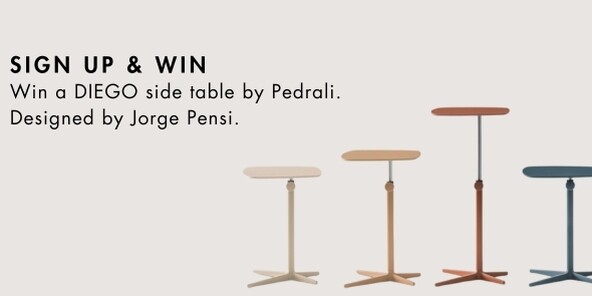Better than the original
At Unilin Panels, end-of-life wood has long been the basis for chipboards. But recently, for the production of MDF and HDF boards, end-of-life MDF and HDF have also come into the picture. This process is made possible by a new recycling technology that for the first time enables the wooden fibres from MDF and HDF boards to be recycled on an industrial scale. Unilin is doing pioneering work here, spearheaded by the President of Unilin Panels, Veronique Hoflack, who developed the underlying idea for the pioneering technology. Previously, it wasn’t possible to remove the adhesive used in such boards on an industrial scale. This sustainability story, along with the decorative Unilin "Master Oak", proofs that a product can be made that in fact surpasses the original qualities of the natural material. Indeed, this latest generation of decorative panels combines the visual and haptic benefits of the natural material with a remarkable robustness. Consequently, used as cladding the panels look and feel like natural oak but are scratch-resistant, colourfast and stain proof. “The matt surface of Unilin Master Oak offers a luxurious appearance and a unique structure – exactly as if it were genuine oak. This natural appearance is further emphasized by the various types of pores and variations in depth,” explains Caroline Van de Populiere, R&D Director at Unilin Panels.
Moreover, a matt surface and six designs - as well as black and white there are four with a wood colour - afford a great deal of scope for an individual design. In addition, “Master Oak” can be easily combined with any kind of base and is available in fire-retardant, damp-proof and popular formaldehyde-free versions. The commitment to sustainable manufacturing using natural materials by means of innovative recycling technologies is a strong strand in Unilin’s DNA: in the 1960s, the Belgian company was founded around the idea to give loam, a by-product of the flax industry, a meaningful destination. That was the beginning of the flax boards. Today, Unilin focuses its activities on wood as a key recycling product. Equally, the company has set itself the goal by 2030 to replace at least 25 percent of its raw materials for the MDF and HDF boards with recycled fibres. In this way, each year no less than 380,000 tons of CO2 would be stored in the materials. For the chipboards Unilin already uses more than 90 percent recycled wood.




